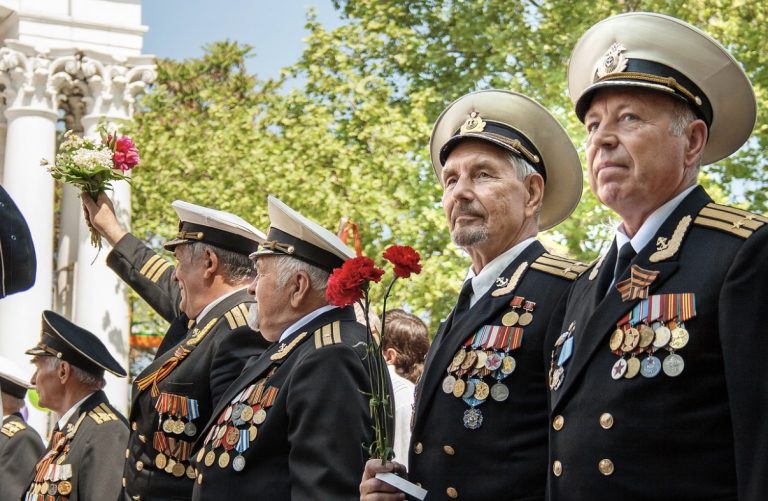Transitioning from military service to civilian life is a profound and often challenging journey for many veterans. This transition isn’t just a change of routine; it encompasses a complete lifestyle shift, where veterans must navigate a new world of opportunities and challenges, particularly in personal finance.
Adjusting to Civilian Financial Realities
The financial landscape of civilian life is markedly different from that of the military. While in service, many aspects of daily life, from housing to healthcare, are managed or heavily subsidized by the army. In the civilian world, these become personal responsibilities, often accompanied by financial burdens.
A crucial step in this financial transition is exploring and understanding an available money program for veterans. These programs are designed to aid veterans in adjusting to civilian life, offering support in various forms, from disability benefits and pensions to educational grants and housing loans. They are essential tools that can provide a financial cushion, making the transition smoother and more manageable.
Building a New Financial Identity
One of the first steps in this journey is establishing a new financial identity. This includes:
- Understanding and Accessing Benefits: Veterans must familiarize themselves with the available benefits, including how to access these resources. This involves navigating the Department of Veterans Affairs (VA) systems, understanding eligibility criteria, and applying for the relevant programs.
- Creating a Budget: Transitioning to civilian life often means changing income and expenses. Veterans should create a budget that reflects their new financial reality, taking into account their regular income, benefits, and all foreseeable expenses.
- Managing Debt and Credit: It’s not uncommon for veterans to face debt or credit issues upon their return to civilian life. Seeking advice on debt management and working to build or repair credit are essential steps in achieving financial stability.
Navigating Employment in the Civilian Sector
Employment is another critical area of focus. The job market in civilian life can be vastly different from military career structures. Veterans should:
- Translate Skills and Experience: Many veterans possess skills and experiences highly valued in the civilian workforce. The challenge lies in translating these skills into terms civilian employers understand and appreciate.
- Seek Veteran-Friendly Employers: Some companies are known for being particularly veteran-friendly, offering programs and support tailored to the unique experiences of veterans.
- Consider Further Education or Training: In some cases, further education or vocational training may be necessary to align military skills with civilian job requirements. Various programs and grants are available to support veterans in this endeavor.
Overcoming Financial Challenges
Despite these supports, many veterans face significant financial challenges. These may include:
- Adjusting to a Different Income Level: Often, veterans find that their income in the civilian sector differs from what they were accustomed to in the military. This requires a reevaluation of spending and saving habits.
- Dealing with Unexpected Expenses: Life outside the military can come with unexpected expenses, from healthcare costs to home maintenance. Planning for these contingencies is a critical aspect of financial management.
- Understanding and Managing Benefits: Navigating the VA system and other benefit programs can be complex and sometimes frustrating. Seeking assistance from veteran support organizations can be invaluable in this process.
In Conclusion
The journey from military service to civilian life is filled with new experiences and challenges, especially in personal finance. Veterans can navigate these challenges more effectively by understanding and accessing the various support systems available. This journey is not just about financial survival; it’s about building a new life where the skills, discipline, and resilience learned in the military translate into a prosperous and fulfilling civilian existence. As veterans embark on this journey, society must recognize their service and support them in every step of their new adventure.

0 Comments